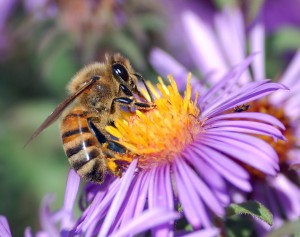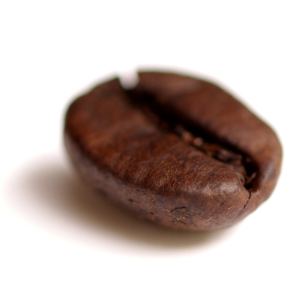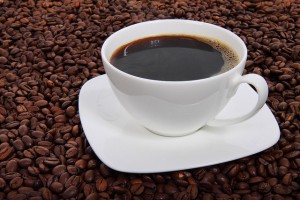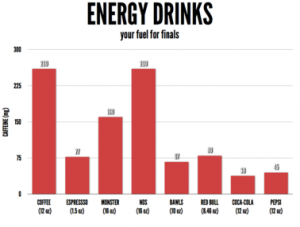Early mornings and long hours call for a nice cup of coffee, and it seems that honey-bees agree. Dr. Margret Couvillon of the University of Sussex led a team of researchers testing bees’ response to a sucrose solution with and without a dose of caffeine, the study was published in the Cell Press journal Currrent Biology Thursday October 15. The caffeine present was in concentrations that are naturally found in nectar, and the bees found this to be a higher reward than the decaffeinated version.
Upon returning to the beehive, a sheltered structure, the bees appeared to be more hyperactive and were more than willing to share their new find, via the “waggle dance”. The waggle dance is a special behavioural technique used to communicate food sources to fellow hive members. The dance is modified based on how much sugar the food source has, the more frequent the waggle the sweeter the nectar. However, caffeine seemed to override this connection because the bees performed the waggle dance 4 times more often after enjoying some caffeinated-laced nectar, encouraging other bees to visit the site. As is appears, the dance is only performed for the very best sources, and the plants have the upper-hand when recruiting loyal customers. Talk about a caffeine buzz.
Plants may be masking their nectar as a high quality source, by lacing it with caffeine, and encouraging bees to visit more often. Dr Couvillon says, “Some plants, through the action of a secondary compound like caffeine that is present in nectar, may be tricking the honey bee by securing loyal and faithful foraging and recruitment behaviours, perhaps without providing the best quality forage.”
It was also observed that bees visited the caffeine laced feeders numerous times, well after the feeders were emptied, and were less inclined to search for a new site. The bees tended to overvalue a caffeinated nectar source, suggesting the possibility of plants lowering their nectar investment but still receiving high visitation from loyal customers.
Most are guilty of enjoying a hot cup of coffee for that little caffeine boost, but could bees be taking this a little too far? Seems like plants are being less mutualistic than we expected by taking advantage of our little worker bees. That must sting.

Danielle Marcotte







